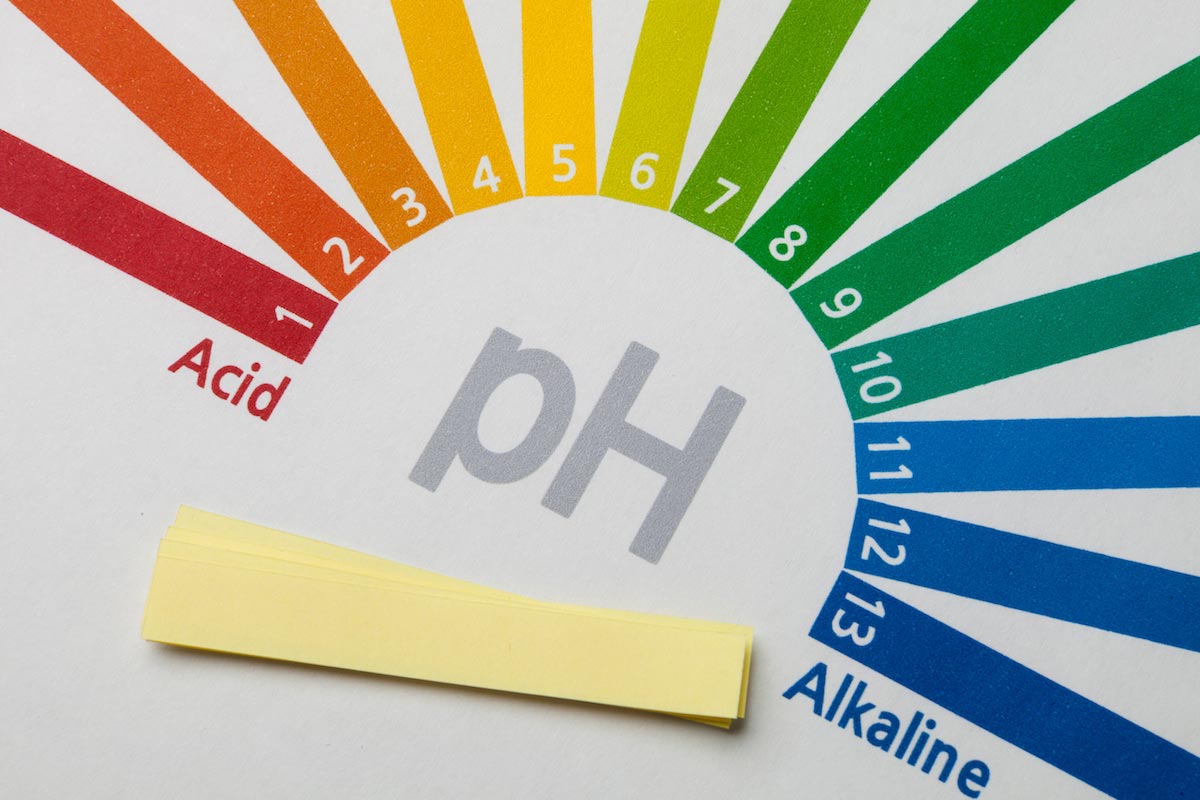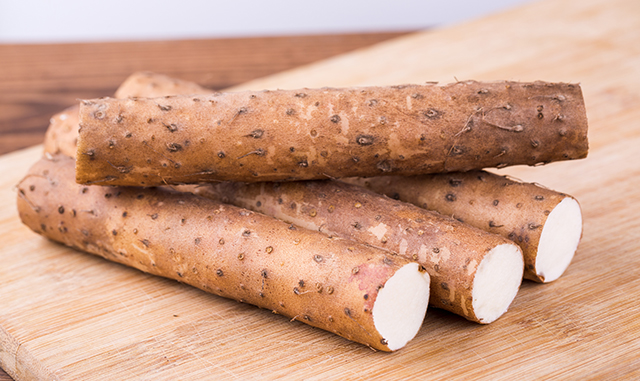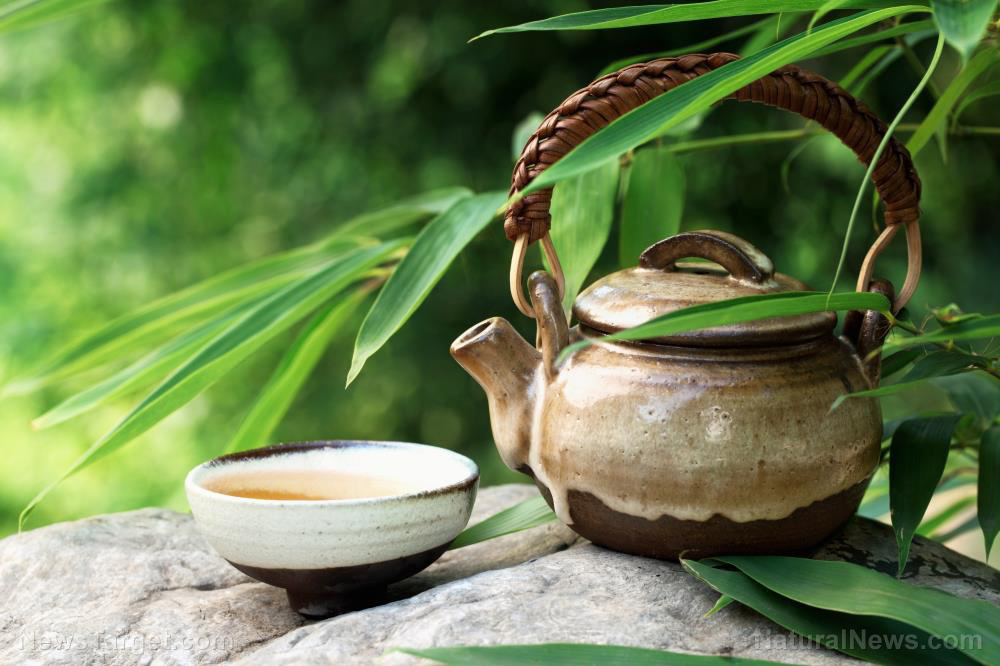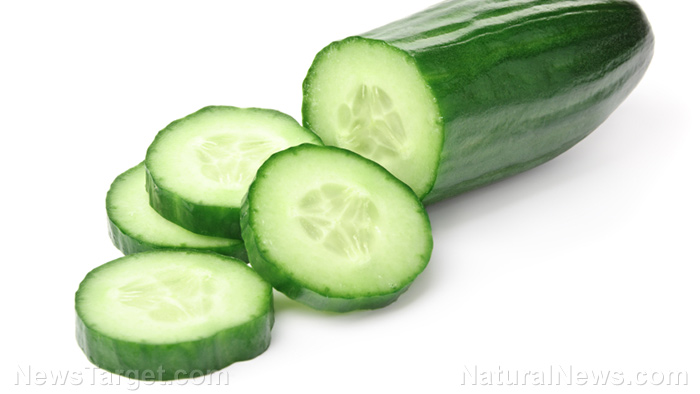Naturally reduce your pain with this TCM plant
02/15/2019 / By Ellaine Castillo
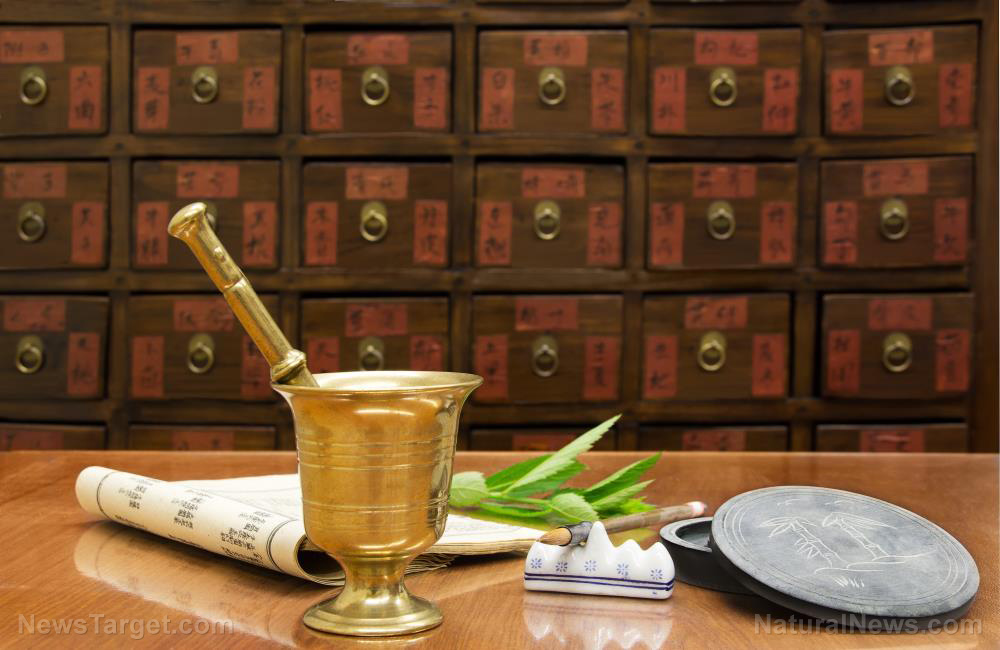
Painkillers are the most common type of drug that people have in their medicine cabinets. Unfortunately, these medications have been associated with adverse side effects. To alleviate pain without these potentially harmful drugs, researchers suggest the use of medicinal plants such as the desert ginseng (Cistanche salsa). In an international study published in The Brazilian Journal of Pharmacognosy, researchers from Kazakhstan, Brazil, Ukraine, and Ireland found that this herb has potent anti-inflammatory and antinociceptive properties.
Pain has been associated with many health problems, which range from headaches to arthritis, to cancer and nerve damage. Most people who suffer from these conditions turn to conventional painkillers like non-steroidal anti-inflammatory drugs (NSAIDs) and acetaminophen to feel relief. However, there are some instances wherein these drugs do more harm than good since they have been shown to have side effects including liver and kidney problems, ulcers, hormonal imbalance, and miscarriages.
Many medicinal plants have a long history of use as natural pain relievers. Take the desert ginseng for example. This herb is widely used in traditional Chinese medicine (TCM) as a remedy for pain and other health problems, like impaired kidney function, impotence, female infertility, uterine bleeding, and constipation. Additionally, studies have shown that it has the ability to lower cholesterol levels, protect the liver, reduce inflammation, and modulate immune function.
The authors of the study decided to evaluate the antinociceptive properties of the desert ginseng since there was no scientific evidence available that supported its use as a pain reliever in TCM. To do this, they first collected extracts from the stolons of the herb and determined its phytochemical content. They found that its main components were phenylpropanoid glycosides, which are composed of echinacoside, acteoside, and tubuloside B.
The team proceeded to evaluate the pain-relieving properties of desert ginseng by inducing pain in rats using formalin, capsaicin, or glutamate, one hour after they were treated with the herbal extracts, and then observing the duration of licking response. For formalin-induced pain, two separate periods were considered, namely the early phase-neurogenic pain (zero to five minutes after injection) and the late phase-inflammatory pain (15 to 30 minutes after injection). The results showed that desert ginseng effectively reduced pain, as exhibited by the 81 percent reduction in licking duration for glutamate- and capsaicin-induced pain. Moreover, there was a 77 and 62 percent reduction in licking response for the first and second phase of formalin-induced pain. This indicated that desert ginseng also has anti-inflammatory properties.
From these results, the researchers concluded that desert ginseng has potential use as a natural pain reliever since it has antinociceptive and anti-inflammatory properties, which can be attributed to its phenolic content.
Natural remedies for pain
There are many alternatives that you can consider before you start taking painkillers. Some examples of natural remedies for pain include the following:
- Heat and ice — These are extremely common pain remedies. However, not many people know when exactly to use heat or ice. Generally, ice packs are used to reduce swelling while heat is used to relieve stiffness. Additionally, it is best to use ice for headaches.
- Willow bark — For centuries, people have used willow bark as a natural remedy for aches and pains. It contains salicin, a compound similar to the main ingredient in aspirin, which addresses the inflammation that causes pain.
- Acupuncture — This traditional Chinese practice involves the insertion of tiny needles into your skin to improve the flow of energy and consequently reduce pain. Moreover, acupuncture has been shown to trigger the release of the “feel-good” chemical serotonin, which possibly contributes to its pain-relieving ability. (Related: The research is clear: Acupuncture reduces chronic pain better than drugs.)
Read more news articles on the health benefits of traditional Chinese medicine plants by visiting ChineseMedicine.news.
Sources include:
Tagged Under: alternative medicine, anti-inflammatory, antinociceptive, Cistanche salsa, desert ginseng, herbal remedies, inflammation, natural remedies, pain, pain-relieving effects, prevention, TCM, traditional Chinese medicine

